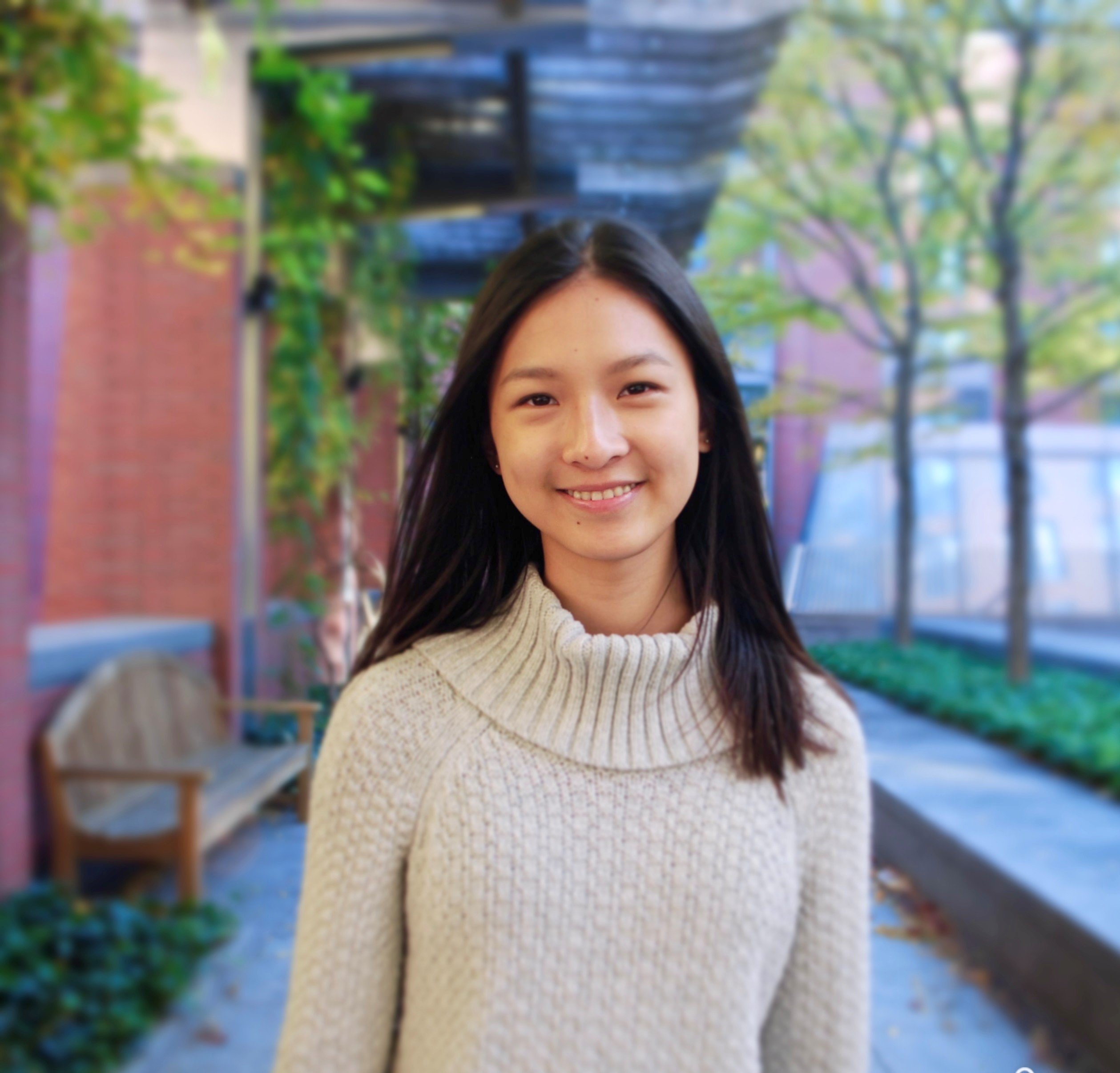As someone who took two gap years before medical school, I am a strong advocate of taking this time between college and medical school to not only reflect on your goals, but also pursue activities that you were unable to find the time for during your undergraduate days. During my own gap years, I have been working a full-time job as a software engineer. However, outside of that, I also engaged in activities for personal growth and to enhance my medical school applications. Reflecting on this valuable year and a half, these are some of the experiences that I encourage other people to consider in preparation for medical school.
1. Strengthen your application
With the demands of school and studying set aside, gap years are a great time to work on the weaker parts of your application. Whether you are aiming to increase your clinical experience or delve deeper into research, gap years are the perfect time for such pursuits. Personally, I volunteered at a local hospital after work and was able to gain more clinical experience. The flexibility of my gap years also reduced the pressure of adding more activities to my already busy undergraduate schedule. Most importantly, this extra time allowed me to truly reflect on my own goals in medicine and I was ultimately able to submit my application with more confidence in my portfolio of experiences. Taking the time to craft your application during gap years will allow you to put your best foot forward during this process.
2. Build healthy habits
Eating well and exercising regularly had always been things that I struggled with. Even now, typing these words on my computer is a bit of procrastination for me to delay dragging myself to the gym. Additionally, my college eating habits were far from healthy. Thus, building healthy habits was high on my list of goals during my gap years. Prioritizing health is essential for both the mind and body, particularly for the demands of medical school. The flexibility in your schedule during a gap year is a great time to learn new recipes, develop cooking skills, and establish more physical activity into your routine. Many of my friends in medical school cite working out as their go-to way for relieving the stresses of exams and studying, so it is great to find something that works for you during this time and make staying active a core part of your daily routine.
3. Discover new hobbies
Surprisingly (or maybe unsurprisingly), as I graduated college, I realized I had almost no hobbies. The demanding schedules I had during high school and then college required me to be very selective about how I spent my time while trying to balance sleep, studying, and seeing my friends. Nevertheless, hobbies are crucial in providing a valuable outlet for stress relief and a break from work. My gap years provided me with time to try out new activities and find ones that resonated with me. I went bouldering, ice skating, and played badminton with my friends, all of which didn’t quite capture my interest, but I also tried out yoga and kickboxing which I immensely enjoyed. So whether it is a new sport, gaming, an artistic endeavor, or anything else that sparks joy in your life, I strongly encourage you to go find that hobby and embrace it to the fullest.
4. Become financially literate
Understanding personal finances is often overlooked during people’s education. When I graduated college, things like doing my taxes, credit scores, types of saving’s accounts, and so much more were foreign concepts to me. Thus, when presented with options for 401(k) plans by my company, I began to do more research into managing my finances. While the many new terms and concepts might feel complicated at first, there are many free resources online to provide crash courses in personal finance. Getting a strong grasp of your finances before medical school is incredibly important, and gap years are especially a great time to become financially literate and establish good budgeting habits.
A path in medicine is long and difficult, so make sure to take care of yourself and build good habits to keep yourself happy and healthy throughout this exciting journey!

Comments